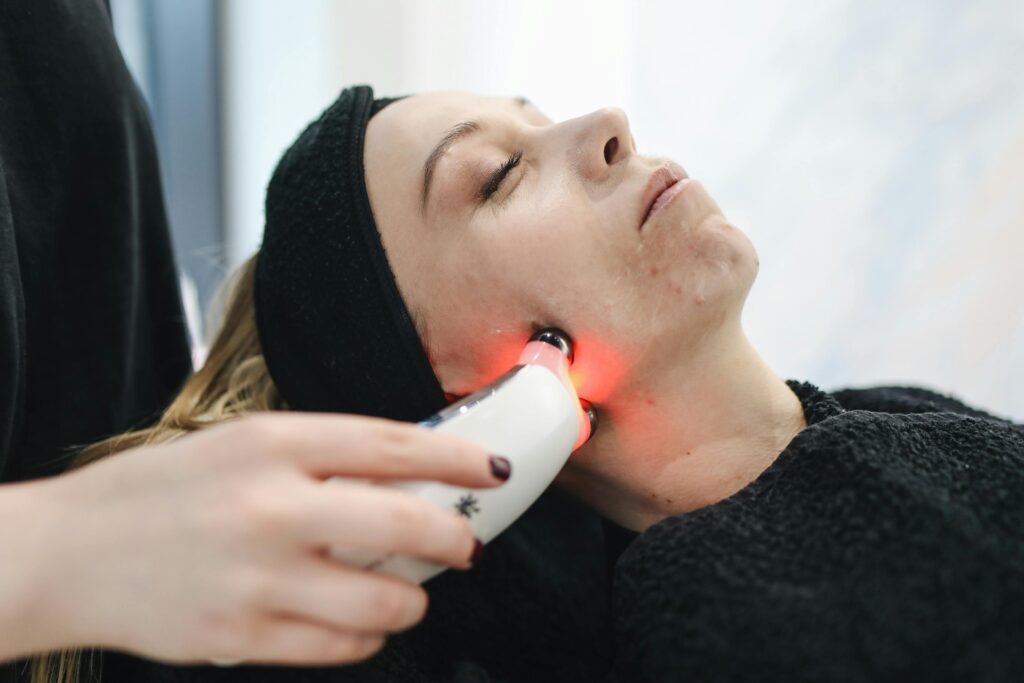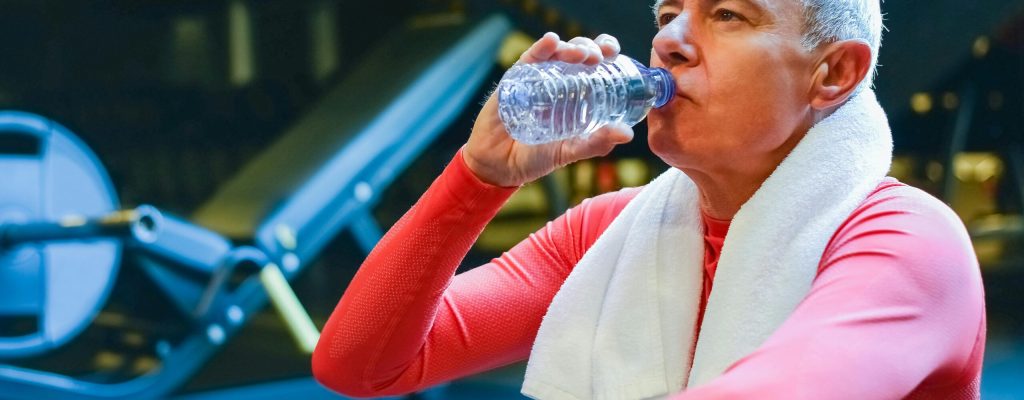
As we get older, there are some changes that are inevitable—wrinkles, gray hair, and a few extra creaks and groans from our bodies.
But aging doesn’t just affect how we look.
It impacts how our bodies function, from our heart to our bones and even our memory.
Here’s a breakdown of what to expect as you age and some tips on staying healthy and active along the way.
1. Your Heart and Circulatory System
What’s Happening?
As you age, your arteries and blood vessels may stiffen, which means your heart has to work a little harder to pump blood through your body.
This change can make your heart less responsive during exercise, and could increase your risk of high blood pressure and other heart-related issues.
What You Can Do:

To keep your heart in good shape, get moving!
Regular physical activity, like walking, swimming, or any activity you enjoy, helps maintain a healthy weight and lowers your risk of heart disease.
Eating a balanced diet full of fruits, veggies, whole grains, and lean proteins (like fish) is key.
Avoid smoking, manage stress with relaxation techniques like meditation, and aim for 7–9 hours of quality sleep each night to help your heart repair and recover.
2. Bones, Joints, and Muscles
What’s Happening?
As we age, our bones can shrink and lose density, making them more fragile.
This can also cause a bit of shrinkage in your height.
Muscles lose strength, endurance, and flexibility, which affects your balance and coordination—making falls more likely.
What You Can Do:
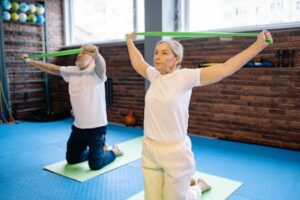
Get enough calcium and vitamin D to help your bones stay strong.
Adults should aim for around 1,000–1,200 mg of calcium a day, depending on your age and gender, and 600–800 IU of vitamin D.
Good sources of both include dairy, leafy greens, fish, and sunlight.
Strengthening exercises like walking, jogging, or weight training can help build muscle and prevent bone loss.
And remember: avoiding smoking and drinking alcohol in moderation helps protect your bones, too.
3. Your Digestive System
What’s Happening?
You might notice that constipation becomes more of an issue as you age.
This can happen due to slower digestive processes, medication side effects, or even a low-fiber diet.
But don’t worry—there are ways to keep things moving.
What You Can Do:
Eat a fiber-rich diet filled with fruits, vegetables, and whole grains.
Drink plenty of fluids to stay hydrated, and don’t forget to get active.
Regular exercise helps your digestive system work better. Lastly, listen to your body—don’t ignore the urge to go when it comes!
4. Your Bladder and Urinary System
What’s Happening?
As you age, your bladder may lose some of its elasticity, which can lead to more frequent trips to the bathroom.
Bladder muscles may weaken, and for men, an enlarged prostate can make emptying the bladder more difficult.
Factors like being overweight or certain medications can also contribute to urinary issues.
What You Can Do: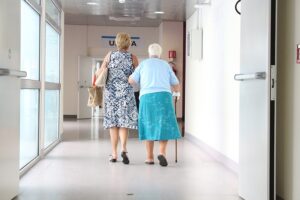
Going to the bathroom on a regular schedule can help keep things in check.
Maintaining a healthy weight and quitting smoking can improve bladder health.
Strengthening your pelvic floor muscles with Kegel exercises (just squeeze those muscles like you’re stopping yourself from passing gas!) can also help.
And, if you experience issues, don’t hesitate to talk to your doctor for solutions.
5. Your Memory and Thinking Skills
What’s Happening?
It’s normal for memory and thinking to change a little as you age.
You might forget names or feel like multitasking isn’t as easy as it once was.
However, it’s usually minor and part of the natural aging process.
What You Can Do:

Stay physically active—exercise boosts blood flow to your brain and keeps your mind sharp.
A healthy diet, full of fruits, veggies, and healthy fats, is good for your brain, too.
Mental exercises, like reading, learning new skills, or playing brain games, can help maintain cognitive function.
And don’t forget to stay social!
Engaging with friends and family can help keep your mind in a positive space.
6. Your Eyes and Ears
What’s Happening?
It’s common for aging to affect your vision and hearing.
You might have trouble focusing on objects up close or experience sensitivity to glare.
Cataracts (cloudy vision) are also more common.
Hearing loss can occur, especially with higher-pitched sounds, and following conversations in noisy environments might get harder.
What You Can Do: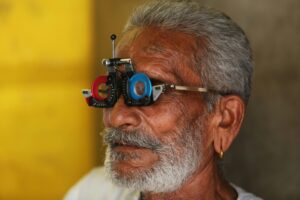
Regular checkups with your doctor are essential.
Whether it’s glasses, contact lenses, or hearing aids, your doctor can help find solutions.
When you’re outside, protect your eyes with sunglasses and a wide-brimmed hat.
And if you’re around loud noises, earplugs can help protect your hearing.
Final thought
Aging can be a beautiful, natural process, but it also comes with its challenges.
By staying active, eating well, managing stress, and keeping up with regular check-ups, you can ensure your golden years are as healthy and enjoyable as possible.
Don’t be afraid to ask for help or advice when needed—your health is worth it!


